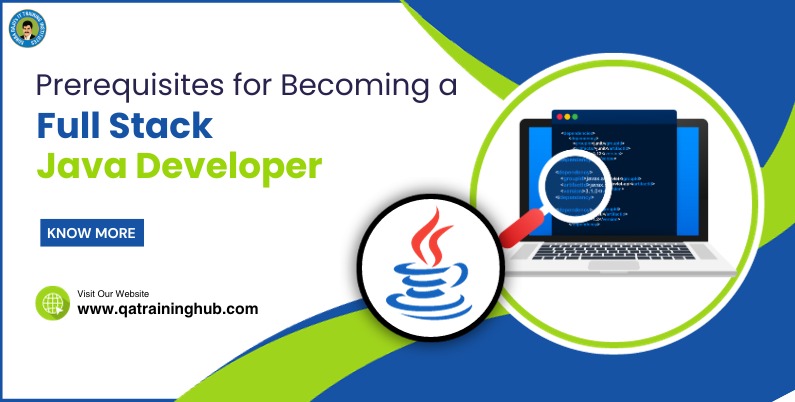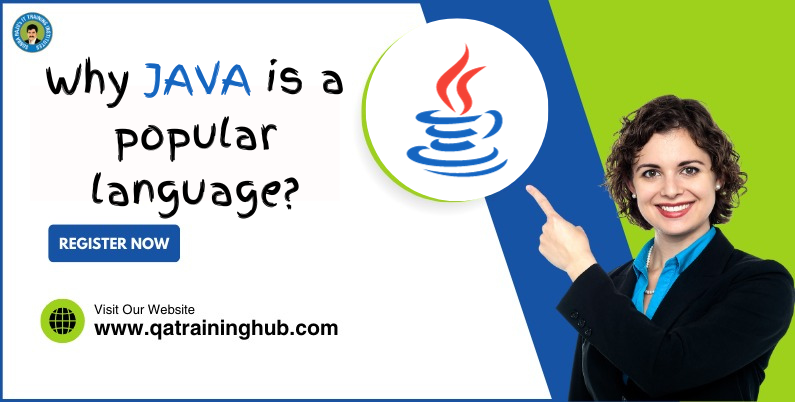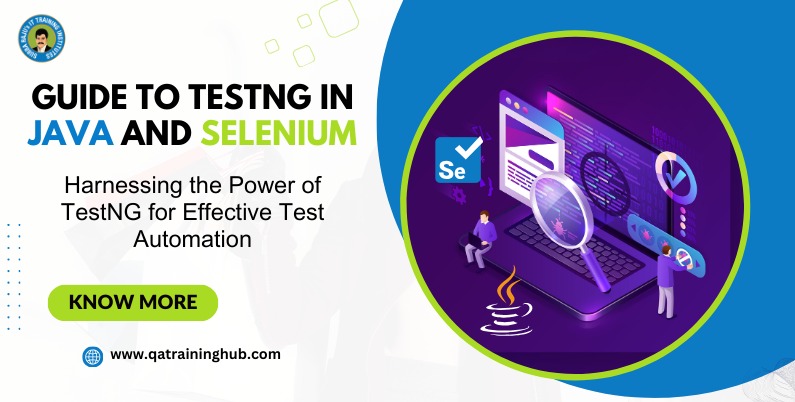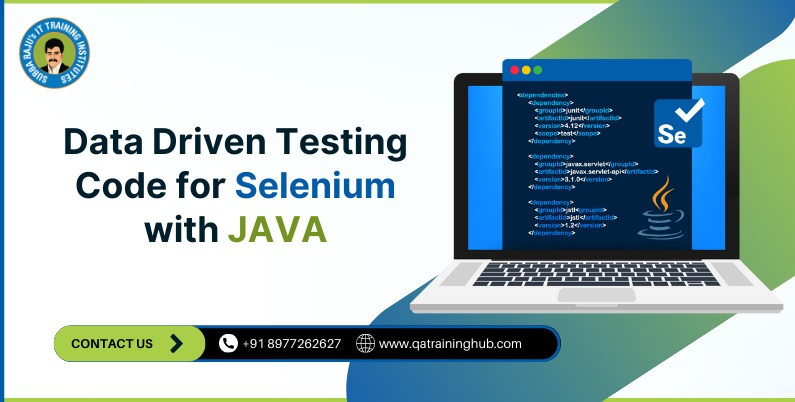
The demand for versatile and skilled developers continues to grow in the ever-evolving landscape of technology. Among the many programming languages, Java stands out as a powerhouse, widely used for its versatility, portability, and scalability. For those aspiring to become full stack Java developers, a unique set of skills and knowledge is essential. In this blog post, we will explore the prerequisites for becoming a full stack Java developer, delving into the key technologies, tools, and best practices that pave the way for success in this dynamic field.
1. Proficiency in Core Java
At the heart of every full stack Java developer’s skill set is a solid understanding of Core Java. This includes a mastery of fundamental concepts such as object-oriented programming, data structures, and algorithms. Full stack developers should be adept at writing clean, efficient, and maintainable code. A strong foundation in Core Java provides the necessary building blocks for more advanced development tasks.
2. Web Technologies: HTML, CSS, and JavaScript
Full stack Java developers need to be well-versed in front-end technologies to create dynamic and interactive web applications. HTML, CSS, and JavaScript form the backbone of web development, allowing developers to create responsive and visually appealing user interfaces. Understanding how to manipulate the Document Object Model (DOM) with JavaScript is crucial for creating seamless user experiences.
3. Java Enterprise Edition (Java EE) and Spring Framework
Java EE provides a set of specifications and APIs for building enterprise-level applications. A full stack Java developer should have a solid understanding of Java EE, covering topics such as servlets, JSP (JavaServer Pages), and EJB (Enterprise JavaBeans). Additionally, proficiency in the Spring Framework, which simplifies Java development and promotes best practices, is highly beneficial. Spring offers features such as dependency injection, AOP (Aspect-Oriented Programming), and MVC (Model-View-Controller) architecture.
4. Database Management: SQL and JDBC
A full stack Java developer must be adept at working with databases to store and retrieve data efficiently. SQL (Structured Query Language) is essential for database management, and developers should be comfortable writing complex queries. Knowledge of JDBC (Java Database Connectivity) is crucial for establishing connections between Java applications and databases, enabling seamless data interaction.
5. RESTful Web Services
In modern web development, RESTful (Representational State Transfer) web services play a pivotal role in enabling communication between different components of a system. Full stack Java developers should understand how to design, implement, and consume RESTful APIs. Familiarity with tools like Postman for testing and documenting APIs is also valuable.
6. Front-End Frameworks: Angular or React
To enhance the user interface and build robust front-end applications, full stack Java developers often use popular front-end frameworks such as Angular or React. These frameworks facilitate the development of single-page applications (SPAs) and ensure a more organized and scalable codebase. Knowledge of component-based architecture and state management is essential when working with these frameworks.
7. Build Tools: Maven or Gradle
Efficient project management and dependency resolution are critical aspects of full stack Java development. Build tools like Maven or Gradle automate the build process, manage dependencies, and streamline the overall project structure. Familiarity with these tools is essential for maintaining a well-organized and easily maintainable codebase.
8. Version Control: Git
Collaborative development is a common practice in the software industry, and version control systems like Git are indispensable for managing code changes, tracking revisions, and facilitating collaboration among developers. Full stack Java developers should be proficient in using Git for version control and should understand concepts like branches, merges, and pull requests.
9. Containerization and Orchestration: Docker and Kubernetes
Containerization has revolutionized the deployment process, and Docker has emerged as a leading containerization platform. Full stack Java developers should be familiar with creating Docker containers for their applications, ensuring consistency across different environments. Additionally, an understanding of Kubernetes for container orchestration is valuable for managing and scaling containerized applications in a production environment.
10. Knowledge of DevOps Practices
Full stack Java developers are increasingly expected to be involved in the entire software development lifecycle, including deployment and operations. Embracing DevOps practices involves collaboration between development and operations teams, automating processes, and ensuring a continuous integration and delivery (CI/CD) pipeline. Familiarity with tools like Jenkins or GitLab CI for automated builds and deployments is crucial.
11. Security Awareness
With the rising number of cyber threats, security is a top priority in software development. Full stack Java developers should be well-versed in secure coding practices, understanding common vulnerabilities such as SQL injection, cross-site scripting (XSS), and cross-site request forgery (CSRF). Implementing proper authentication and authorization mechanisms is essential to protect applications and user data.
12. Cloud Computing Platforms: AWS, Azure, or Google Cloud
As organizations increasingly migrate to the cloud, full stack Java developers should have a basic understanding of cloud computing platforms such as Amazon Web Services (AWS), Microsoft Azure, or Google Cloud Platform (GCP). This includes knowledge of deploying and scaling applications in the cloud, configuring cloud services, and optimizing performance.
Conclusion
Becoming a full stack Java developer requires a diverse skill set that spans both front-end and back-end technologies, as well as proficiency in various tools and best practices. A continuous commitment to learning and staying updated with the latest trends in technology is essential in this dynamic field. By mastering the prerequisites outlined in this guide, aspiring developers can position themselves for success and contribute to the development of robust and scalable Java applications in a full stack environment.
Elevate Your Full Stack Java Development Journey with QA Training Hub
Embarking on the journey to becoming a full stack Java developer is an exciting and rewarding endeavor, and at QA Training Hub, we’re here to guide you every step of the way. Our comprehensive Core Java Training lays the foundation for your success, providing you with the essential skills and knowledge needed to thrive in the dynamic world of full stack development.





Full Stack Developer Certification free test
Awesome blog! Do you have any helpful hints for aspiring writers?
I’m planning to start my own website soon but I’m a little
lost on everything. Would yyou propose starting with a Full Stack Developer Certification free test platform
like WordPress or go for a paid option? There are so many optiions out there that I’m totally overwhelmed ..
Any ideas? Cheers!